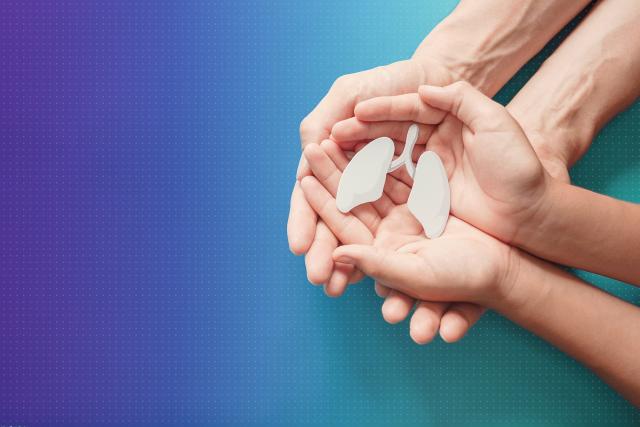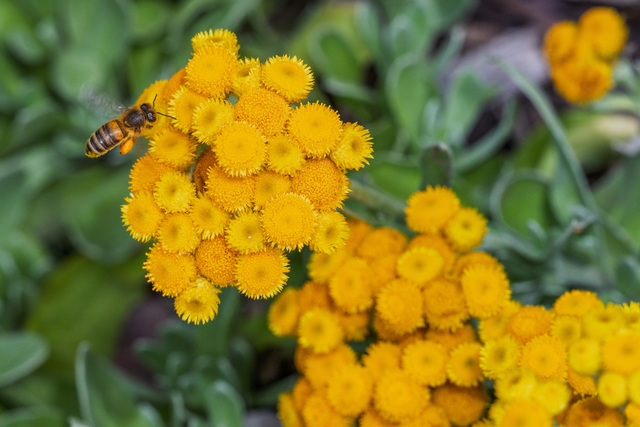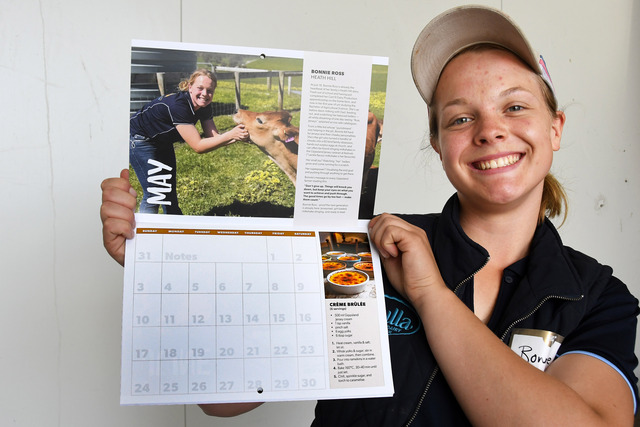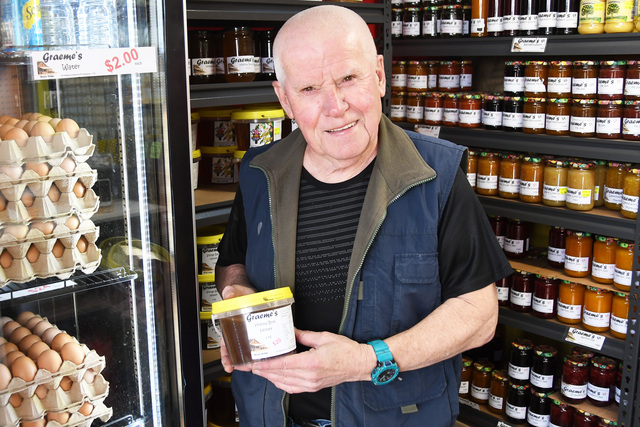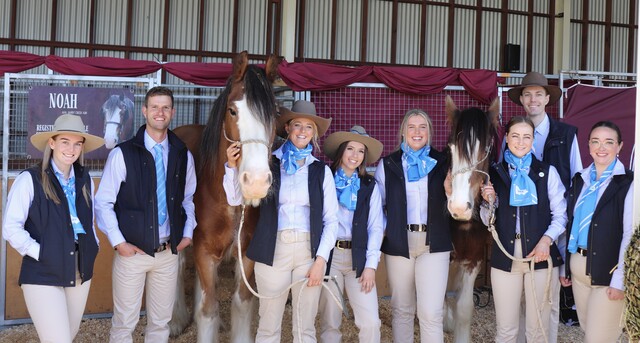Australian researchers are recruiting volunteers aged 40 and older living with severe emphysema for their study of a new two-stage procedure for the devastating lung disease.
COVE is an Australian study investigating the safety and effectiveness of a first-in-human procedure for those living with severe emphysema, who suffer ‘collateral ventilation’ – air flow between lobes of the lung which bypasses the normal airways.
Currently, Australians living with severe emphysema with collateral ventilation face limited treatment options due to the structure of their lungs, and as a result, many continue to experience disabling symptoms and major disruptions to their daily lives.
With collateral ventilation occurring in 62 per cent of those living with severe emphysema, the COVE Study hopes to expand treatment options for this patient group.
According to an article in Medical Journal of Australia’s (MJAs) InSight+, authored by COVE Study Lead Investigator, and Consultant Thoracic Surgeon at St Vincent’s Hospital Melbourne, Dr Naveed Alam, exploring new treatments is critical to improving the lives of those with emphysema.
“Without proper management and treatment, emphysema can cause difficulties breathing and talking, a blue tinge to the skin due to lack of oxygen, regular chest infections and may even cause heart failure,” Dr Alam said.
“These symptoms can affect a patient’s physical and emotional wellbeing, with up to one in three Australians living with emphysema reporting some level of disability due to the lung disease.
“Given the limited treatment options currently available to people with severe emphysema, particularly those with collateral ventilation, we hope to address this unmet need by investigating a novel treatment option through the COVE Study.”
The researchers are aiming to recruit more than 20 Australians living with severe emphysema into the COVE Study by 31 October, 2022.
With emphysema, the air sacs of the lungs become damaged and destroyed, causing the lungs to lose their natural elasticity.
As severe emphysema advances, and symptoms worsen, those affected may find daily activities increasingly difficult.
Wife, grandmother-to-seven and COVE Study participant from Cranbourne, Cecilia, was diagnosed with emphysema almost 30 years ago.
She said living with severe emphysema is “physically and mentally debilitating.”
“Not being able to breathe is terrifying,” Cecilia said.
“There have been times when I’ve been so afraid of being breathless, that I have been too scared to move. It’s also demoralising being unable to look after myself.”
Cecilia has chosen to participate in emphysema clinical studies to help inform additional treatment options for the disease.
“Nothing in life is guaranteed. But participating in a clinical study may help both myself, and others living with this devastating disease.”
Although there is currently no cure for emphysema, effective treatment and management may slow the disease down, extend the number of years a person is expected to live, and manage symptoms, to help improve their quality of life.
The COVE Study will examine the safety and effectiveness of combining the following two medical procedures, four weeks apart:
* Video Assisted Thoracic Surgery (VATS) fissure completion – A surgical procedure to completely close off the fissure structure in the affected lung, blocking air flow between different lobes.
* Insertion of endobronchial valves (EBVs) – a minimally invasive procedure involving the insertion of small, one-way EBVs into the most diseased part of the lung where the fissure was completed.
Six months after EBV insertion, the study researchers will measure each participant’s lung function, lung volume, tolerance to exercise, shortness of breath, and Quality of Life (QoL) scores.
St Vincent’s Hospital Melbourne and St Vincent’s Private Hospital Melbourne are now recruiting for the COVE Study. Study participants are required to travel to one of these Melbourne locations. Patients living with severe emphysema located outside Victoria can ask their GP to refer them to one of the select hospitals in Brisbane, Sydney, Launceston and Adelaide, to help determine if they may participate in the COVE Study.
To learn more, or to register your interest in the COVE Study, head to covestudy.com.au or email info@costudy.com.au

